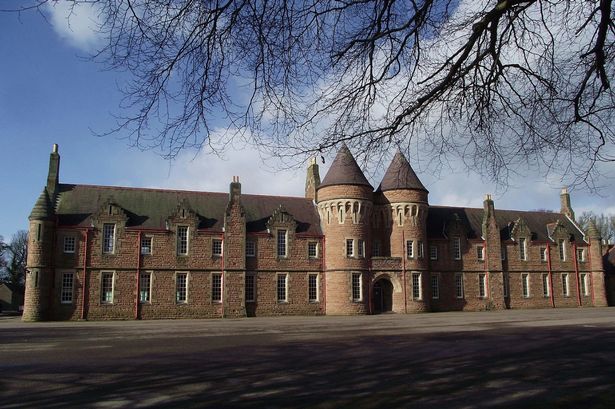
Introduction
Babylon, the fabled city of Mesopotamia, holds profound significance in the study of ancient civilisations. Renowned for its historical and cultural achievements, the city is often referenced in literature, archaeology, and even contemporary discussions surrounding urban development. The revival of interest in Babylon in recent times highlights its relevance not only as a relic of the past but also as a symbol of human creativity and innovation.
Historical Context
Located near the Euphrates River in modern-day Iraq, Babylon emerged as a major city by the 18th century BC, during the reign of King Hammurabi, who is famous for creating one of the earliest known sets of laws, the Code of Hammurabi. The city became a cultural and political hub; it reached its zenith during the Neo-Babylonian Empire under Nebuchadnezzar II in the 6th century BC. Babylon was famed for its architectural marvels, including the Hanging Gardens, one of the Seven Wonders of the Ancient World.
Recent Discoveries
In recent years, archaeological efforts have rekindled interest in understanding Babylon’s grandeur. Researchers have uncovered intricate mosaics, monumental structures, and inscriptions providing insights into Babylonian society and governance. Noteworthy is the work being carried out by the Leuven University team, which has used modern technology like photogrammetry to recreate the city’s ancient layout. This attention to detail brings to light the sophistication of Babylonian engineering and urban planning.
Modern Significance
Babylon’s legacy continues to inform modern society, particularly in the realms of law, literature, and architecture. The concept of a unified legal system finds its roots in Hammurabi’s laws, which have influenced legal frameworks around the world. Additionally, references to Babylon in major literary works reflect its lasting impact on human thought and creativity.
Conclusion
As we explore the depths of Babylon’s history, its relevance in today’s world remains undeniable. The ancient city’s innovations and achievements are not only a testament to the ingenuity of early civilisations but also provide a foundation for understanding modern urban dynamics. The ongoing discovery and preservation efforts are crucial, not just for academic purposes but for ensuring that the lessons of the past inform our future. Babylon serves as a reminder of what humanity can achieve, leaving a lasting imprint for generations to come.
You may also like

Exploring the Significance of 1st November

Understanding Armistice Day: Commemorating Peace and Sacrifice
